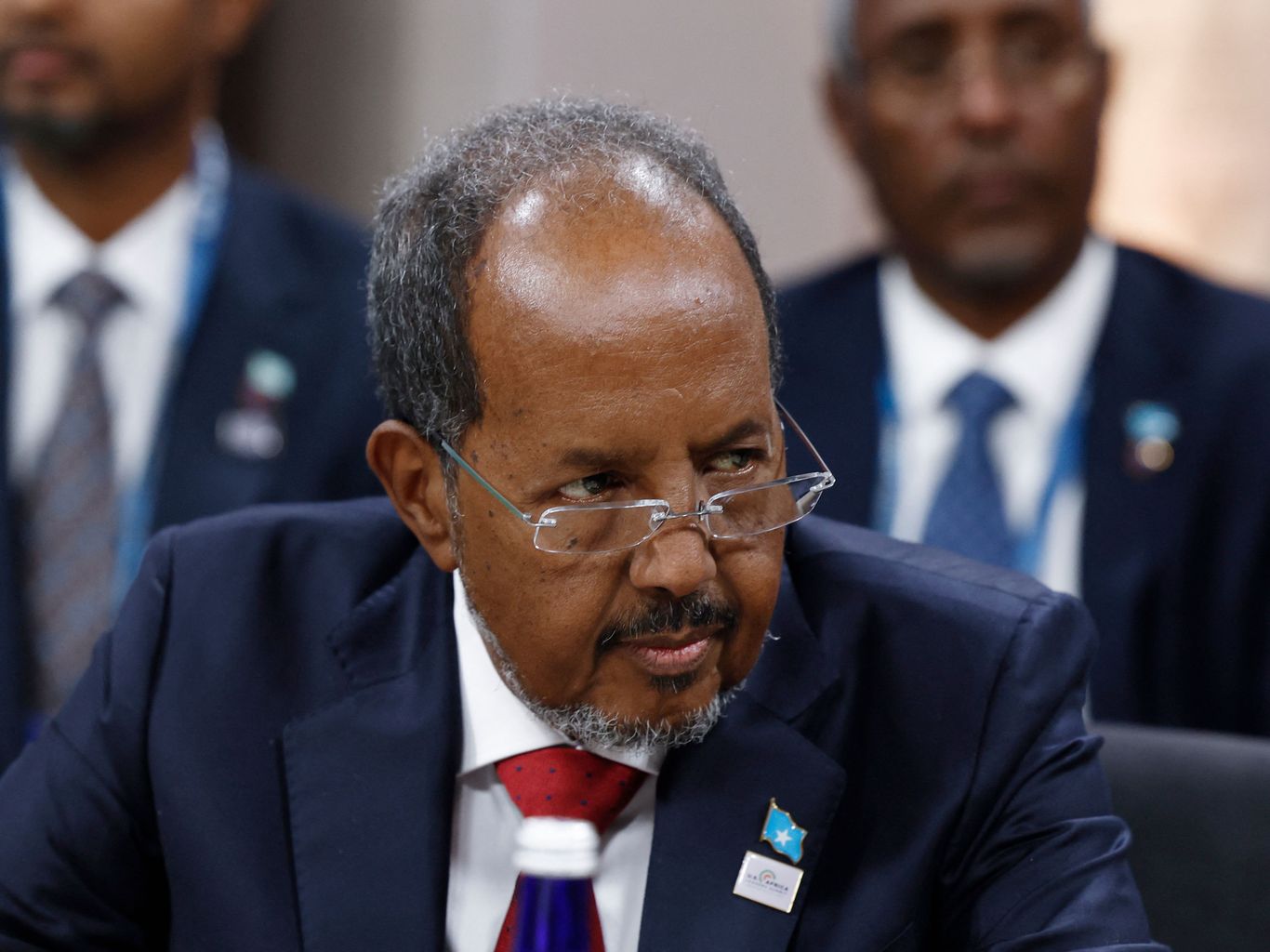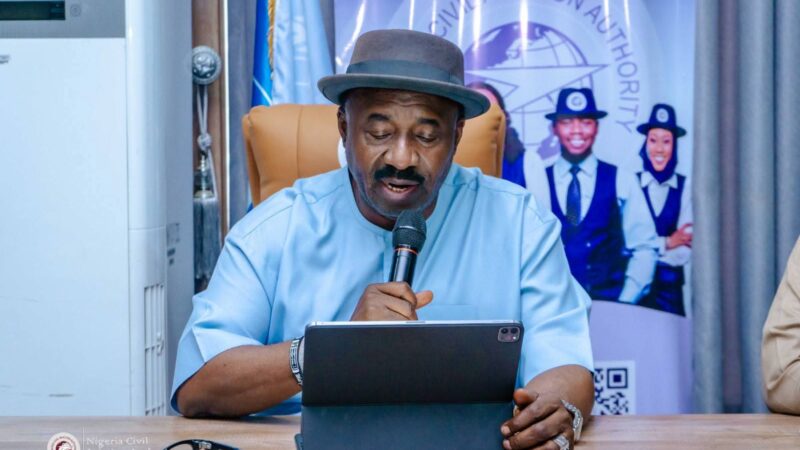Somalia recalls Ambassador to Ethiopia, denounces Red Sea Pact as a “Clear Violation” of Sovereignty

Somalia has declared its intent to defend its territory “by any legal means” and withdrew its ambassador from Ethiopia following what it described as Addis Ababa’s “contentious deal” with the separatist region of Somaliland.
The agreement, announced just days after the central government of Somalia agreed to resume talks with Somaliland, grants Ethiopia coveted access to the Red Sea, triggering Mogadishu’s condemnation of a “clear violation” of sovereignty.
In a swift reaction, the Somali government appealed to the international community for support and deemed the pact “null and void with no legal basis.”
Recall that the memorandum of understanding (MOU) signed by Ethiopian Prime Minister Abiy Ahmed and Somaliland leader Muse Bihi Abdi provides Ethiopia with access to the Red Sea port of Berbera and establishes a military base.
Despite Somaliland’s long-standing pursuit of statehood since its declaration of independence in 1991, Mogadishu vehemently opposes it, and the international community does not recognise Somaliland’s independence.
The Somali Prime Minister, Hamza Abdi Barre assured the nation in an address, urging calm while emphasising the commitment to defending the country.
Barre called for support from the United Nations, African Union, Arab League, and regional groups, urging them “to stand with the right for Somalia to defend its sovereignty.”
The Somali government also recalled its ambassador in Ethiopia for consultation.
The East African reports that the deal comes months after Abiy asserted Ethiopia’s right to access the Red Sea, raising concerns among neighboring nations.
Ethiopia, cut off from the coast since Eritrea’s secession in 1993, had maintained access to a port in Eritrea until a war erupted in 1998-2000.
Constrained by the lack of Red Sea access, the landlocked Ethiopia funneled most of its trade through Djibouti.
The port of Berbera on the southern coast of the Gulf of Aden, now part of the deal, offers Ethiopia a strategic African base.
The agreement includes access to a leased military base on the Red Sea, according to Ethiopia’s national security adviser, Redwan Hussein.
The timeline for the pact’s implementation, however, remains unclear.
According to The East African, Ethiopia acquired a 19 per cent stake in the Berbera port in 2018, managed by Dubai-based DP World. The company holds a 51 per cent stake, while Somaliland owns the remaining 30 per cent.
The recent resumption of dialogue between Somalia and Somaliland, mediated by Djibouti President Ismail Omar Guelleh, received support from IGAD and the British embassy, viewed as a “vital step towards reconciliation.”
Despite being a stable region in the Horn of Africa, Somaliland’s quest for international recognition remains unfulfilled, leaving it economically challenged and isolated.
Political tensions in Somaliland escalated last year, leading to deadly violence.







